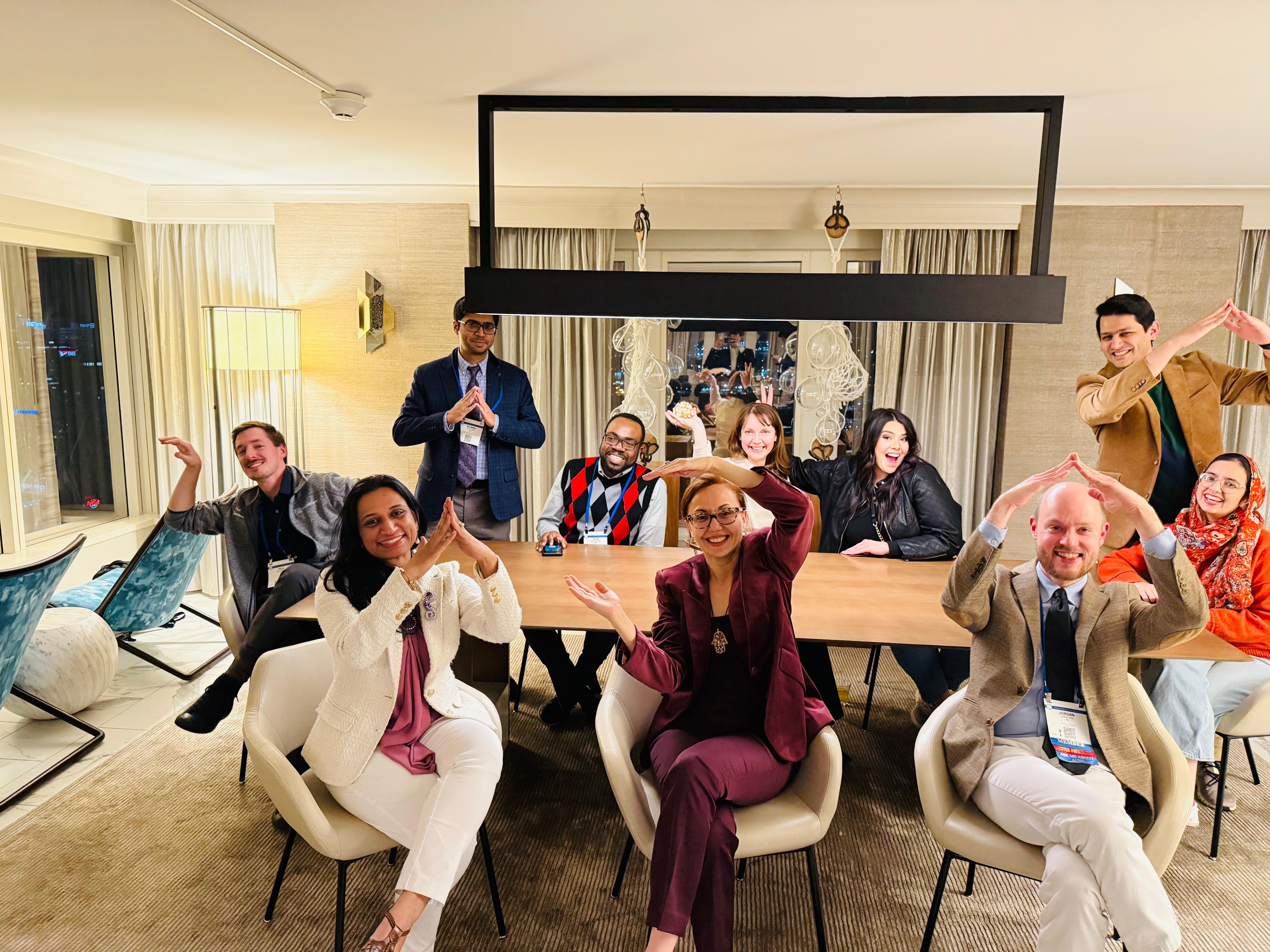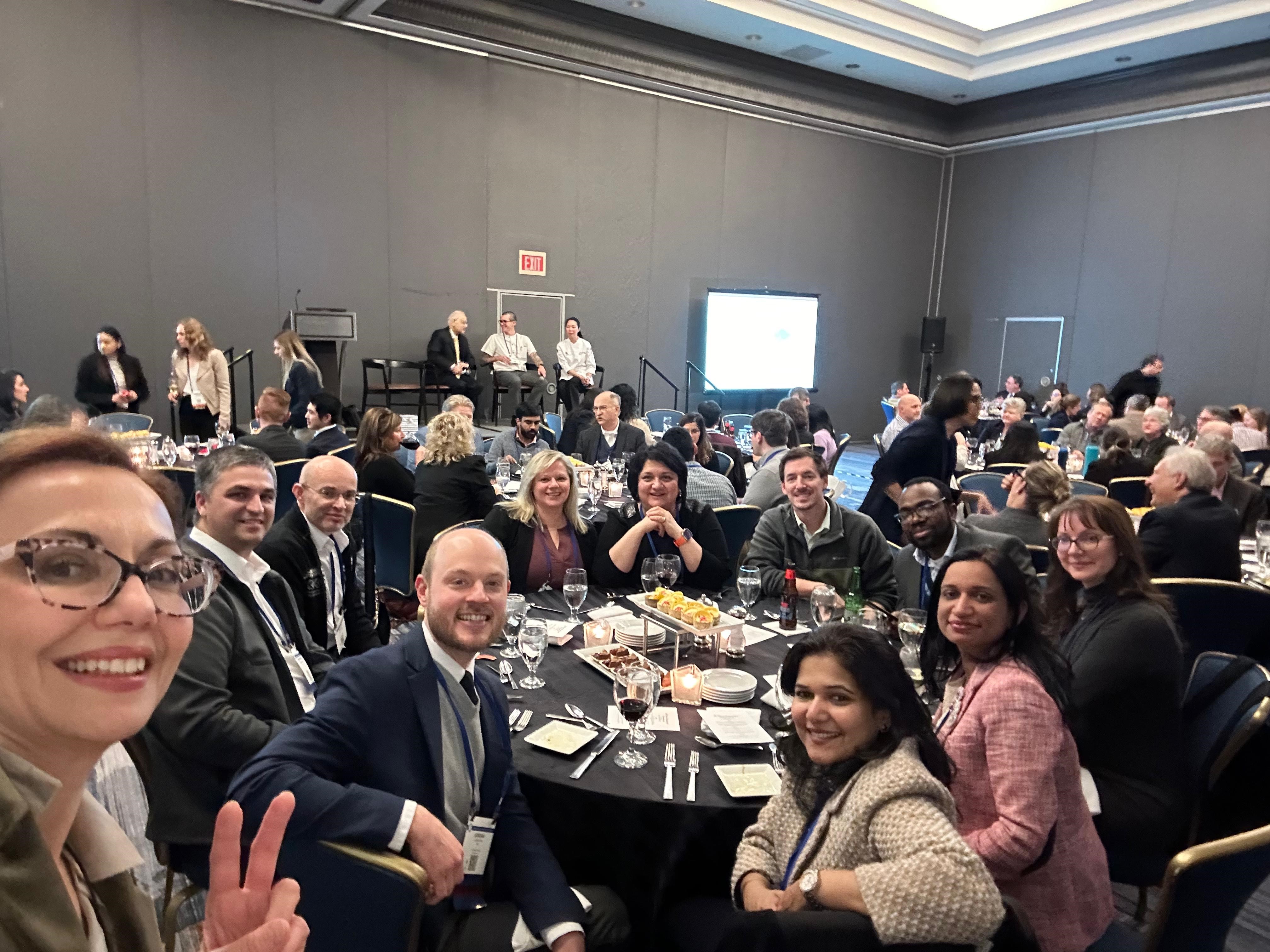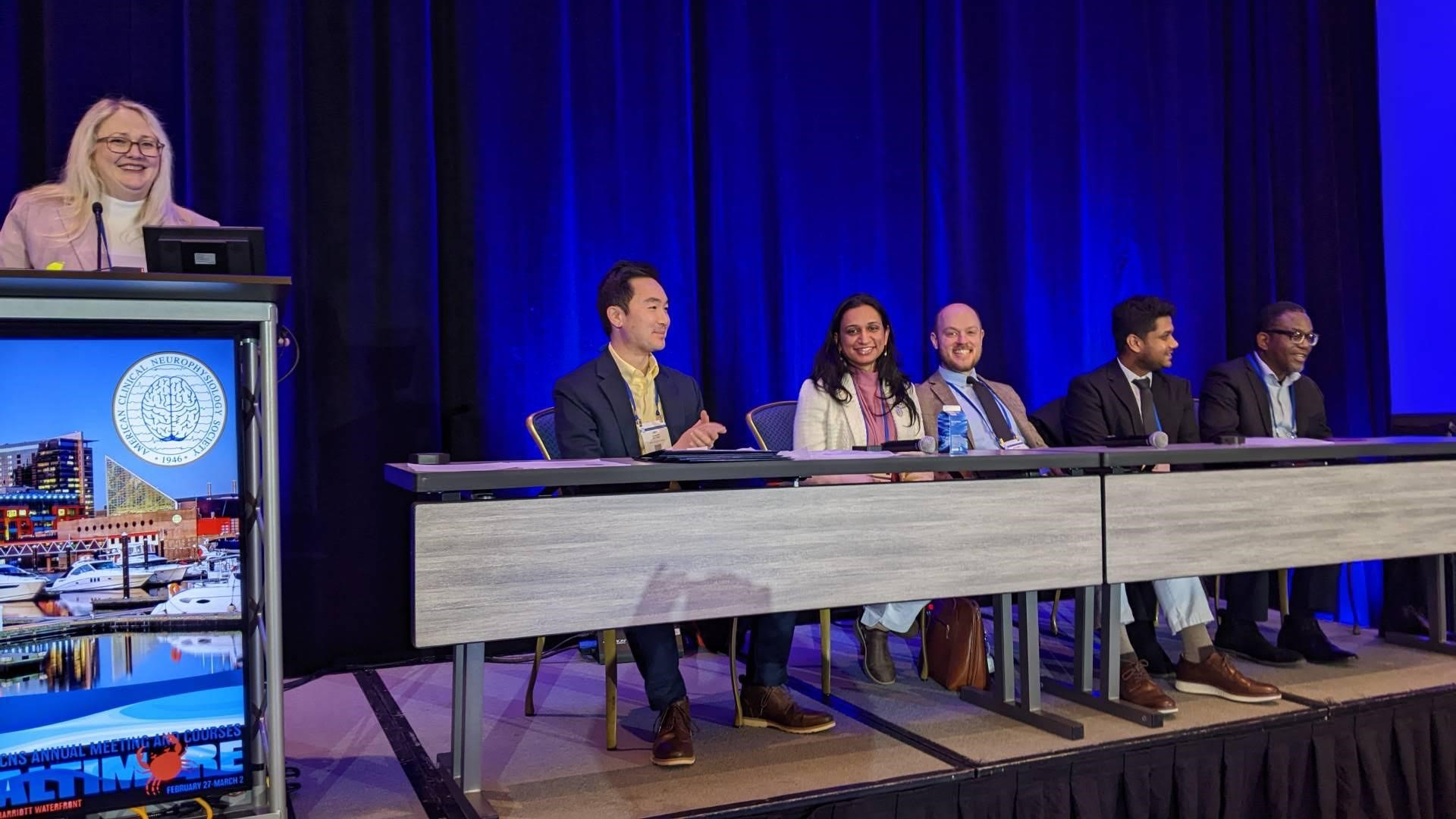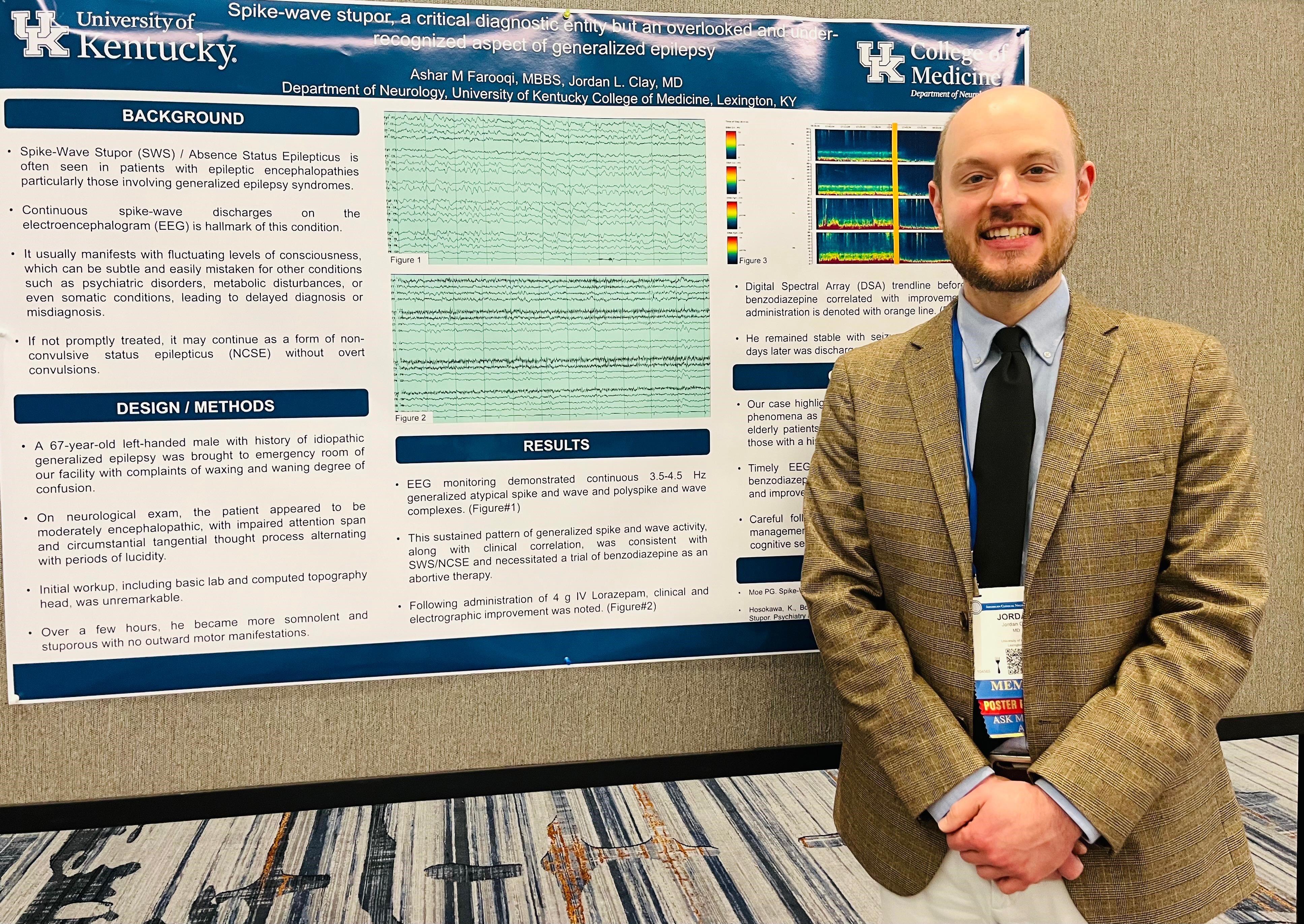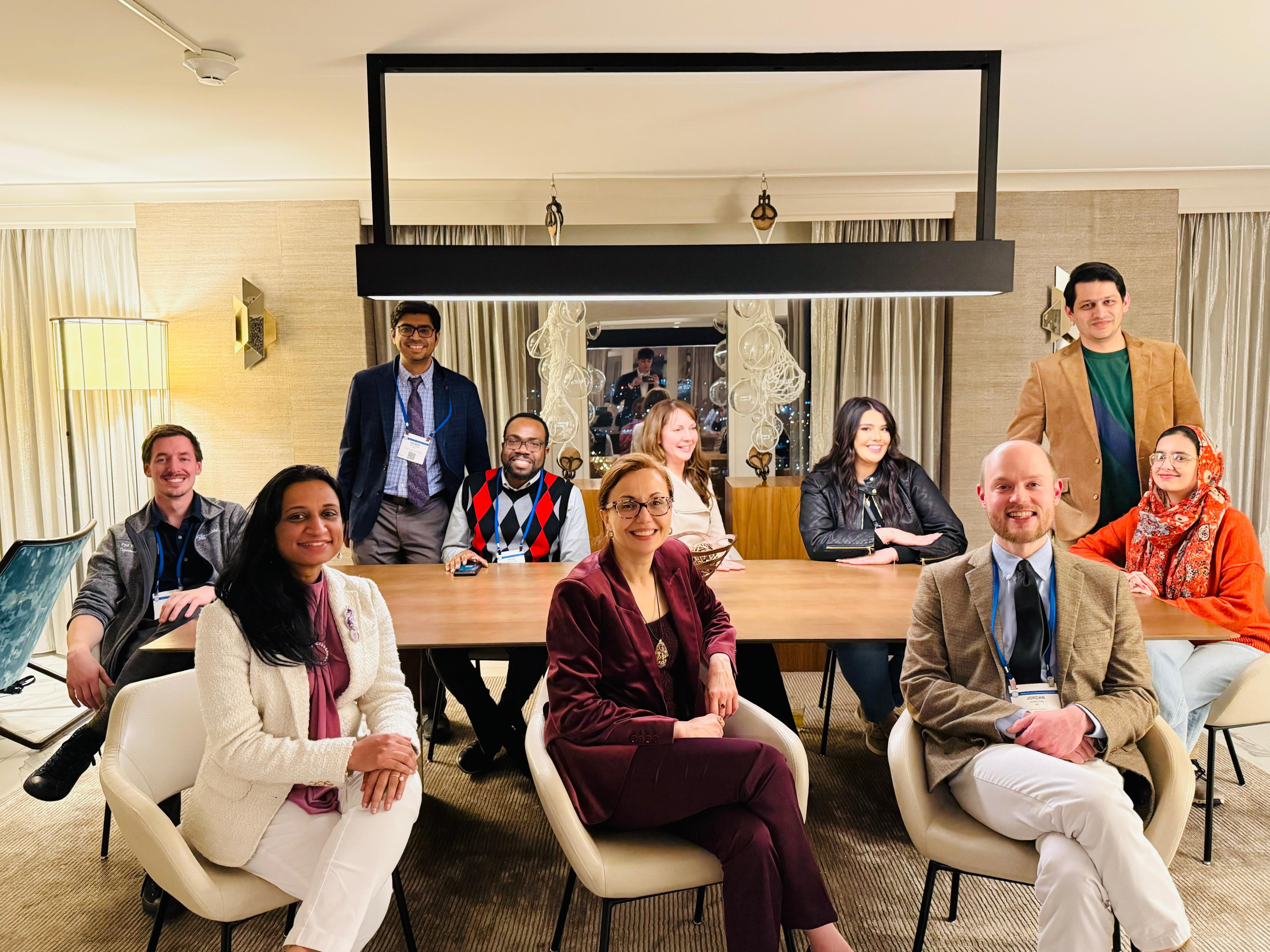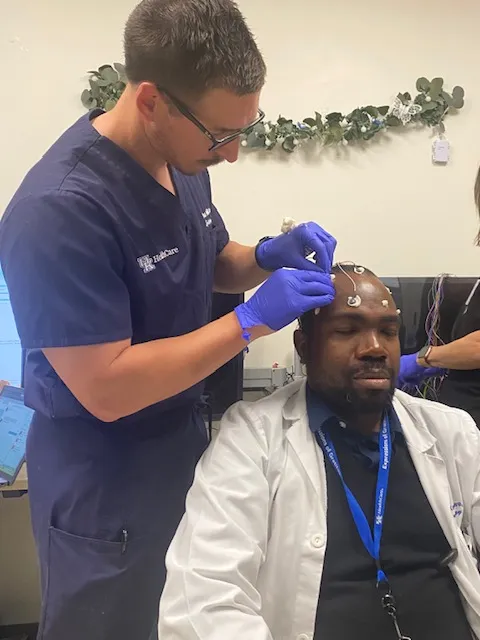
2027-2028 Applications
Applications are accepted through Electronic Residency Application Service (ERAS) for 2027-2028. For further information, please visit Applications and Interviews.
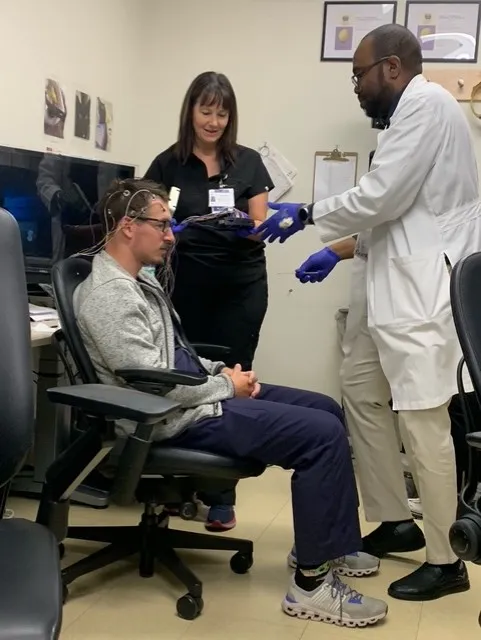
Mission
The primary goal of the ACGME accredited Epilepsy fellowship program is to provide an organized and comprehensive educational experience addressing aspects of epilepsy medicine in inpatient, outpatient, and acute care settings. Under the direct supervision of highly-qualified faculty, fellow physicians will be provided ample time for clinical practice, instruction, and training. During this time, the fellow is able to develop the necessary skills and positive professional attitudes essential for the highest quality patient care and for independent practice.


| Didactics | |
|---|---|
| Child Neurology Grand Grounds | Neurology Grand Rounds |
| Epilepsy Quality and Safety Committee Meeting | Refractory Epilepsy Conference |
| Journal Club Conference | Weekly Epilepsy and Clinical Neurophysiology Didactics |
For further information, please contact:
Jennifer Ferguson
GME Program Coordinator
University of Kentucky Department of Neurology
jennifer.ferguson449@uky.edu

